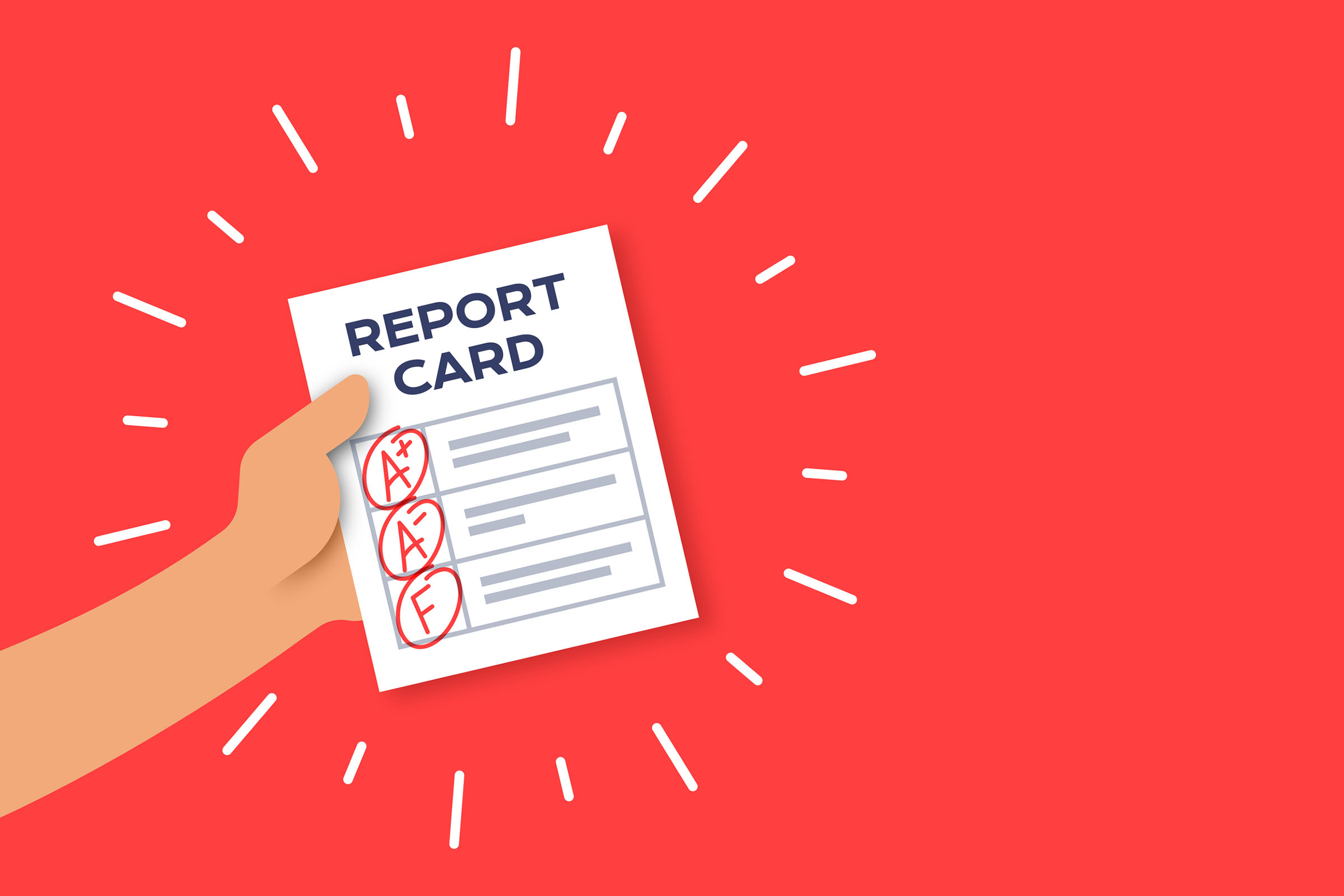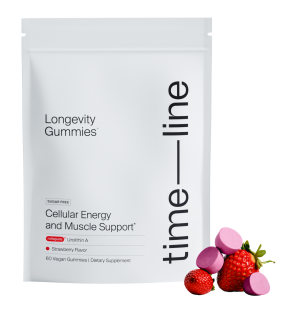This article originally appeared on Dr. Galland’s website, PillAdvised.
Are you an ethnic Asian, Hispanic, or black female? If yes, a healthy diet could cut your risk of type 2 diabetes.
A healthy diet has been associated with a lower risk of type 2 diabetes. New study by Harvard T.H. Chan School of Public Health and Brigham and Women’s Hospital found that it worked even better with Asian, Hispanic, and black women.
More: Drastic Diet Change Can Reverse Diabetes
“This study suggests that a healthy overall diet can play a vital role in preventing type 2 diabetes, particularly in minority women who have elevated risks of the disease. As the incidence of type 2 diabetes continues to increase at an alarming rate worldwide, these findings can have global importance for what may be the largest public health threat of this century,” said lead author Jinnie Rhee, doctoral student at Harvard Chan.
It’s estimated that about 29.1 million people in the U.S. and 47 million around the world have diabetes. The World Health Organization projects that diabetes will be the seventh leading cause of death in 2030.
Read: Harvard Launches Asian Diabetes Prevention Initiative
The disease, which is often related to excess body weight and physical inactivity, is more common in African Americans, Latinos, Native Americans, and Asian Americans/Pacific Islanders, and the aged. Previous studies have shown links between diet and risk of type 2 diabetes, but most have been conducted in predominately white populations.
The researchers analyzed data on diet among women who were followed for up to 28 years, and formulated a healthier overall diet as one with lower intake of saturated and trans fats, sugar-sweetened beverages, and red and processed meats; lower glycemic index foods; and higher intakes of cereal fiber, polyunsaturated fats, coffee, and nuts.
Discover: Chemicals Raise Women’s Diabetes Risk
Results showed that healthy diet was associated with a 48% lower risk of diabetes in white, 42% in Asian, 55% in Hispanic, and 32% in black women.
When all the minority women were combined into one group, those in the highest quartile of dietary score had a 36% lower risk of diabetes compared with women in the lowest quartile. However, because minority women were initially at higher risk of diabetes than white women, in terms of the actual number of avoidable cases, a healthier diet had greater benefit for minority women.
You may also want to know: China’s Growing Diabetes Epidemic
The analysis showed that 5.3 cases of diabetes can be prevented per 1,000 white women per year with a healthier overall diet compared with 8.0 cases that can be prevented per 1,000 minority women per year.
Among the findings was that in both white and minority women, higher glycemic index foods as well as each serving of sugar-sweetened beverages, and red and processed meats were associated with increased risk of diabetes. In contrast, higher intake of cereal fiber (grams/day) and each cup of coffee per day were associated with reduced diabetes risk in both groups.
Learn: How to Reverse Diabetes
“This finding confirms that we are all in the same boat when it comes to preventing type 2 diabetes by diet. Our next challenge is to put this knowledge into practice so everyone can benefit,” said Walter Willett, Fredrick John Stare Professor at Harvard Chan.
Reference:
“Dietary diabetes risk reduction score, race/ethnicity, and risk of type 2 diabetes in women,” Jinnie J. Rhee, Josiemer Mattei, Michael D. Hughes, Frank B. Hu, and Walter C. Willett, Diabetes Care, online January 15, 2015. DOI 10.2337/dc14-1986






